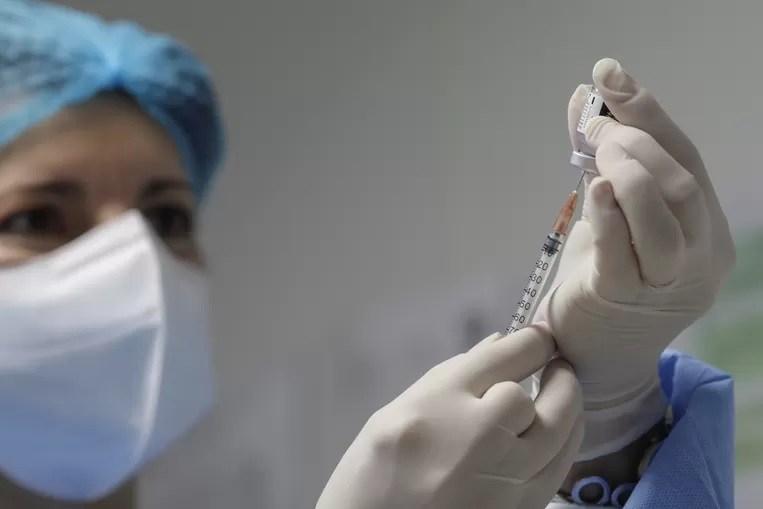Getting a booster shot of the coronavirus vaccine is recommended for everyone, including those who have already been infected in the past, according to vaccinologist Pierre Van Damme.
Many who have only recently been infected with Covid-19 and have just received their invitation for a booster vaccination are questioning the need for a shot But an infection does not change much about the situation, Van Damme told Het Laatste Nieuws.
"We recommend that you get the booster vaccine anyway, at least 14 days after you have recovered from the symptoms. Or if you have no symptoms, at least 14 days after the positive PCR test," he said.
Since the beginning of the crisis, however, scientists have been talking about the advantages of 'hybrid protection': the combination of immunity after infection and vaccination would offer the best protection.
Related News
- Belgium expected to announce new quarantine rules
- Two Consultative Committees already planned in January
- Covid vaccination certificate must be downloaded again after booster dose
Yet, studies also show that this accumulated immunity can vary greatly from person to person, even after previous infections and vaccination, according to the Superior Health Council. It is virtually impossible to measure antibody concentrations in everyone individually before recommending a booster. Additionally, a booster shot affects more than just the antibodies.
"We know that a booster works," Van Damme said. "But we do not know exactly how it works: is it mainly on the basis of antibodies, or on the basis of the T-cells? Those things are still being investigated."
New variants but same vaccines
Some people are hesitant to receive the vaccine given that the booster shot was developed on the basis of the (first) Wuhan variant of the virus rather than the Omicron one which has a lot of important mutations.
But Van Damme stresses that there is no time to wait for a modified vaccine: "Soon, all infections will be with Omicron. The booster vaccine has a good efficacy of 70% to 75% against symptomatic infection."
Waiting for a vaccine tailored to the Omicron variant takes a lot of time, not only to be produced but also to test on 200 or 300 people and then be certified by the European Medicines Agency (EMA) and its American counterpart, the Food and Drug Administration (FDA).
"When all that is done, it will take six months. If you do not want to be infected with the Omicron variant during that time, you have to be incredibly careful," Van Damme said.
As of Monday 3 January, 47% of the adult population (38% of the entire population) in Belgium has received their booster dose, according to the latest figures by the Sciensano national health institute.

